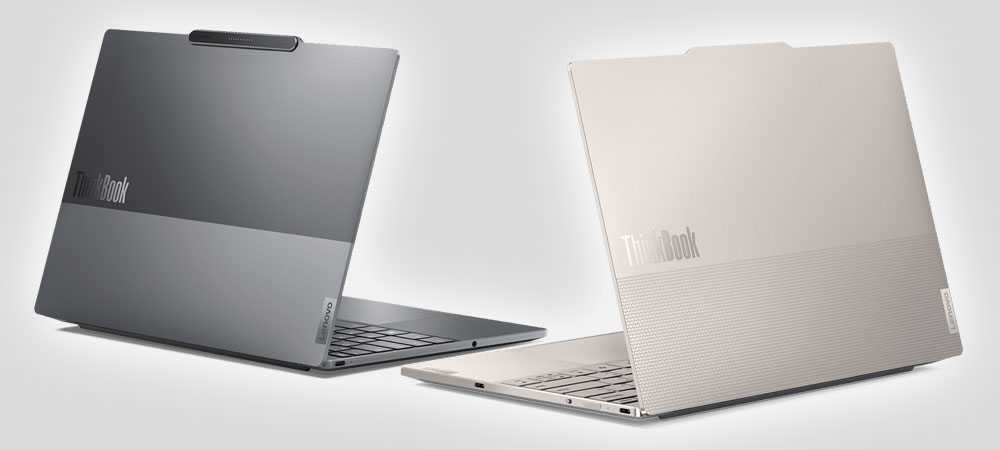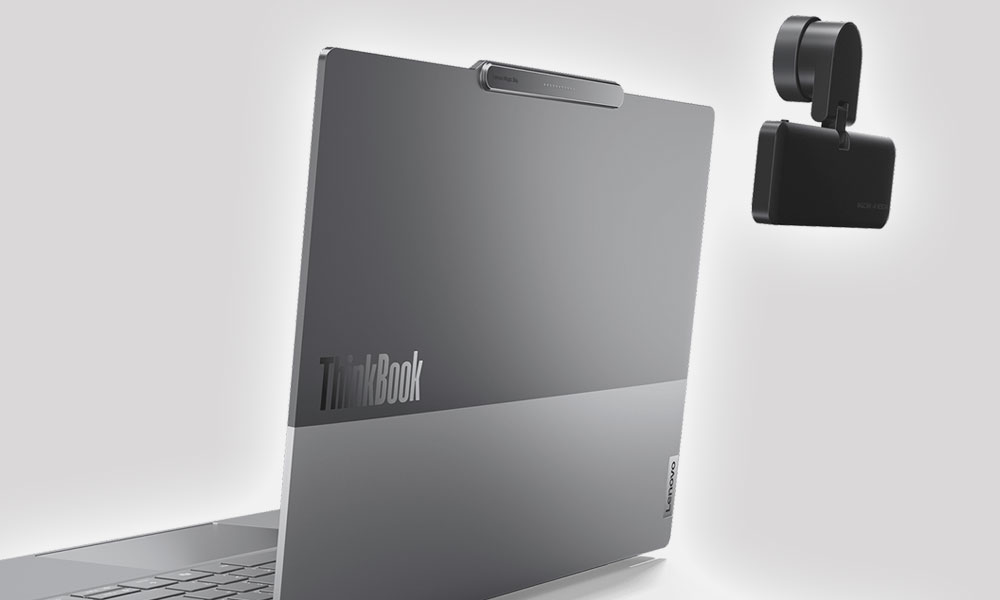While Marc Andreessen and I disagree on what happened when Netscape went under, my perception was that Netscape blew its considerable lead on Microsoft in browsers by not adequately protecting it and not realizing the power of Microsoft marketing back then.
Microsoft’s marketing capabilities have declined sharply since then. While it blindsided Google with Copilot on search, Microsoft failed to market the advantage successfully or advance it significantly enough to avoid a huge pushback from Google. That pushback happened last week at Google I/O, and it was an impressive showing.
Another weakness for Microsoft is that Google has focused on smartphones as the vehicle for its AI efforts, while Microsoft has focused on PCs. Google’s path is probably the better one. As we move from text to voice interface and include ever more capabilities for the AI to see, it makes more sense to have it in a tool that is always with you rather than just on your desk or in your laptop bag.
Much like Microsoft’s was with Netscape, I think Google’s approach hits harder where people want AI to be. Microsoft Build is this week. I’m not expecting a smartphone push, but you never know. Microsoft doesn’t go down easy. So, calling the winner will have to wait until next week, at least.
By the way, if you want to see something that is both fascinating and just a bit freaky, watch this video of two OpenAI GPT-4o phones having a chat with each other (thankfully, neither argued for taking over the world). When I finished watching this, I felt redundant.
Let’s talk Google I/O this week, and we’ll close with my Product of the Week, a great new AI PC laptop from Lenovo that is an impressive example of its class.
Artificial Intelligence
AI is changing incredibly rapidly. Today, most people access AI either through an application like Grammarly or from the cloud through a browser interface. That’s a problem if you want to use the same AI interface while away from your desk. The vendors believe, and I agree, that you’ll prefer AI to be with you wherever you go, not just wait for you back at the office.
In addition, much like we changed the desktop hardware significantly when we went from mainframes and command line interfaces to graphical user interfaces, mice, and PCs, so, too, do I expect we’ll change our endpoints when we move from the PC interfaces and accessories to an AI interface that is more like another human than like how we’ve worked with PCs in the past.
This change suggests that even smartphones may be at risk, but they are closer to where we’ll end up than the PC is at this point. The Humane Ai Pin is an attempt, for instance, to find what that future device would look like — and, like early smartphones, it isn’t very close to what people want yet, but it is evolving much like smartphones did. So, I wouldn’t write Humane out just yet.
Qualcomm’s Role in the AI Market
This positioning puts Qualcomm in a really interesting spot because not only is it the leading provider of smartphone AI technology, but its Snapdragon X also currently leads the market in PC AI technology. It’s rumored that Qualcomm will be taking center stage at Microsoft Build this week.
So, of all the high-end chip vendors, Qualcomm is the best positioned on both platforms to drive the client side of AI development. At the same time, Nvidia remains the most powerful technology provider in the server, high-performance computing, supercomputer, and workstation segments.
Qualcomm and Nvidia have never gotten along very well, but if they ever hooked up, they could own the entire AI wave. This speculation might add another interesting dynamic to the mix, given AMD and Intel are ramping up AI efforts impressively.
Right now, both Google and Qualcomm have a significant advantage in the AI race. However, the race is very early, and I expect leadership to shift a lot. It might eventually go to some vendor like OpenAI, even though Microsoft just announced an impressive internal AI effort similar to what it did with Spyglass in the browser wars. So, it could flip the script this week at Build. That show will be worth attending.
Google I/O 2024 Announcements
With Qualcomm and Nvidia pushing the boundaries in AI hardware, it’s crucial to keep an eye on how software developments complement these advancements. This brings us to the recent announcements from Google I/O, where several exciting new projects were unveiled.
Project Astra
Project Astra has to be one of the coolest things I’ve seen so far. Your smartphone becomes another set of eyes that connect you to the power of AI to answer questions. These questions could be:
- Who is this actor on the TV screen?
- How do I assemble this device or toy?
- Where did I leave my glasses? (Though it can’t see if they are on your head — yet.)
- What is the code I’m looking at trying to do?
- Where can I buy what that person is wearing?
- What’s the name of the movie in this Facebook video, and what kind of car is that?
Project Astra is a genuine assistant, and its capabilities will expand as it learns about more and more things. Since I’m a guy, and guys tend to toss out instructions, it will be a godsend for me for those times I’ve tossed the instructions and really shouldn’t have.
Gemini Nano
Gemini Nano is Google’s client-side implementation of Gemini and is in line with what Microsoft will be showcasing at Build. This feature will allow your Android smartphone to recognize images, sounds, and spoken languages you don’t speak in real time. You can do voice searches for videos and pictures on your device, and you can film a problem you are having, and it will, assuming it knows, provide suggestions on how to fix it.
New AR Glasses
Remember Google Glass and that it sucked a lot? Well, Google showcased a new pair of AR glasses in prototype form, suggesting it will make another run at this. They are wireless and can give you answers for what you are looking at when tied to Project Astra.
This capability supports the idea of a vastly different computing device than a smartphone, given that those who wear the glasses interact with the microphone and speakers in those glasses, not in the smartphone. They looked a ton better than Google Glass, but that is a pretty low bar.
Scam Detection
While I’m a little nervous about having anything listen to my calls, the increase in telephone fraud has me worried, particularly as bad actors spin up AI models to do that fraud. This Gemini-based tool listens in on your calls, warns you if it looks like you are being scammed, and recommends you disconnect from the call immediately.
This feature would have helped the older woman in the movie “BeeKeeper” significantly, but then the movie would have been far shorter. Thousands of people are scammed like she was every year, and this technology, while not the remedy the BeeKeeper used (which I’d prefer), it should significantly increase security around folks in every age group.
AI Android
Interestingly, Google’s use of AI on Android reminds me a lot of Windows 95 in terms of how the interface is integrated, and Microsoft’s use of AI, so far, reminds me more of Windows + DOS in that it is more of an overlay.
I think this will force Microsoft to release Windows 12 earlier and, I hope, to fix its marketing problem because the numbers I’ve recently seen suggest a lot of people are going back to Windows 10 from Windows 11, putting Microsoft in a pickle in terms of driving the next upgrade, which reminds me again of some of the execution issues Netscape had with Navigator.
AI Teammate
We’ve already had the release of Devin, the first AI software engineer from Cognition, but what Google announced was far more generic and likely a ton cheaper to buy.
AI Teammate is an artificial intelligence co-worker that is like an executive secretary. It does what Microsoft promised some time ago but never really delivered with Cortana. Built on Workspace, Google called its AI “Chip” (I liked Cortana better), and it should be a massive help in meetings. I’m just hoping they’ll do what Microsoft didn’t and create a device like this Holographic Cortana Appliance.
Wrapping Up
Google I/O was amazing this year, and we’ll see how Microsoft responds this week. But this really points to the problem Microsoft has by not sticking with the Windows phone. I think this also showcases that Microsoft — even though it hit first like Netscape did — is a day late and a dollar short. The pivot will be more powerful on smartphones than it will be on PCs, which will be massively disruptive to those firms that don’t have both platforms.
In the end, this year’s event went down as the most important, informative, and interesting Google I/O so far, but we are still at the very start of the AI wave. I’m still a bit worried we are focusing on speed over quality. By the end of 2025, we should know whether Google is the new Microsoft and if Microsoft becomes the new Netscape.

Lenovo ThinkBook 13x G4 AI-Ready Laptop

(Image Credit: Lenovo)
The Lenovo ThinkBook 13X G4 is an outstanding notebook, and it’s certainly one of the best-looking laptops I’ve tested so far. Sleek and 2.2 lbs., it is ready for AI and has impressive speakers for a 13-inch laptop. You can configure the notebook with either an Intel Core Ultra 5 for around $1,400 or an Intel Core Ultra 9 for around $2,000.
Battery life is up to 21 hours of video, 11.4 hours of web browsing, and 8.4 hours of video conferencing, and Office gives this notebook decent battery life. It has one of the largest batteries in its class (according to Lenovo, it is the largest in its class), so you should be able to leave your charger on your desk or in your hotel room. I’m a big fan of 20+ hours of battery life.
It does not have USB Type-A ports, but it does have three USB Type-C (Thunderbolt 4) ports, which is better.
Connectivity is Wi-Fi 6E and Bluetooth 5.2, which is about as current as you can get now (I have yet to see a Wi-Fi 7 notebook). This Lenovo ThinkBook is one of the first products with Intel’s Meteor Lake processor, which gives it good AI support.

The ThinkBook 13x G4 laptop has pogo pins to attach Lenovo’s Magic Bay Studio with its 4K camera for videoconferencing. (Image Credit: Lenovo)
The display has 500 nits, which should make it viewable outdoors (I haven’t tried that yet). It also has Dolby Vision support for brilliant colors, particularly when watching movies.
If you want to configure the product fully, you can get up to 32 GB of memory and up to 1 TB of Gen 4 SSD storage. It uses the new Intel ARC Integrated Graphics.
The Lenovo ThinkBook 13x G4 AI PC is an impressive piece of kit, my new favorite notebook, and my Product of the Week!























































